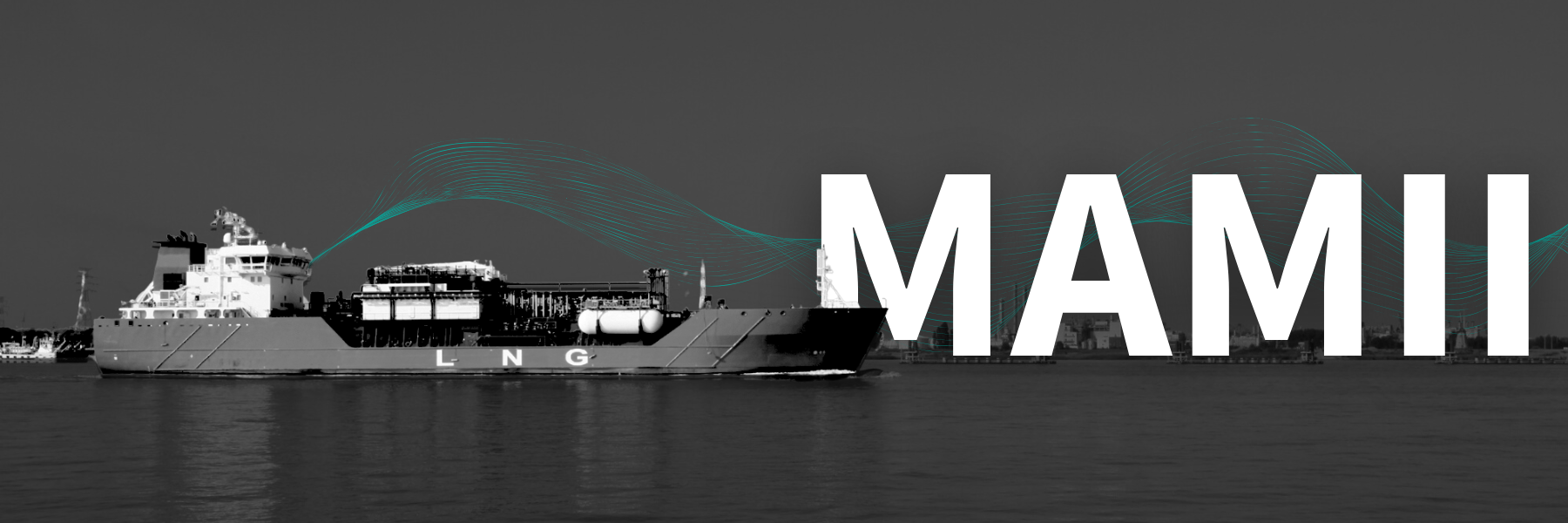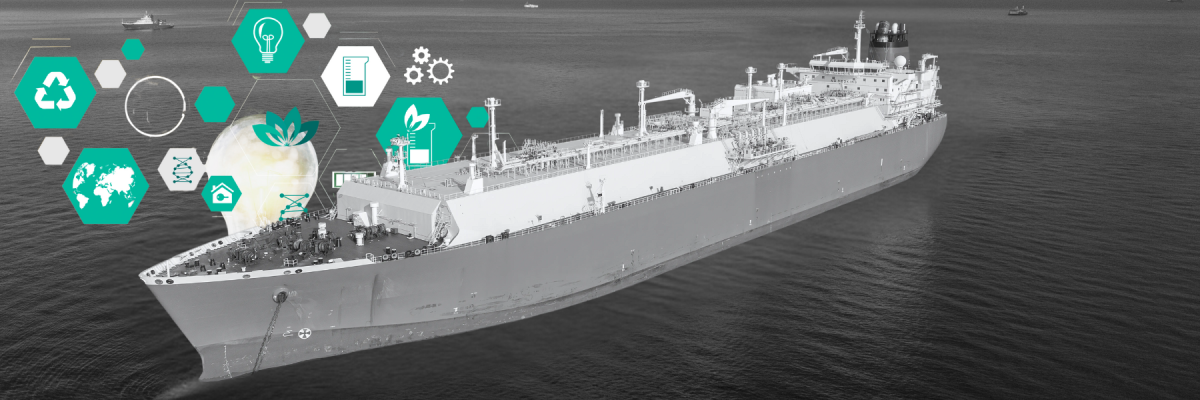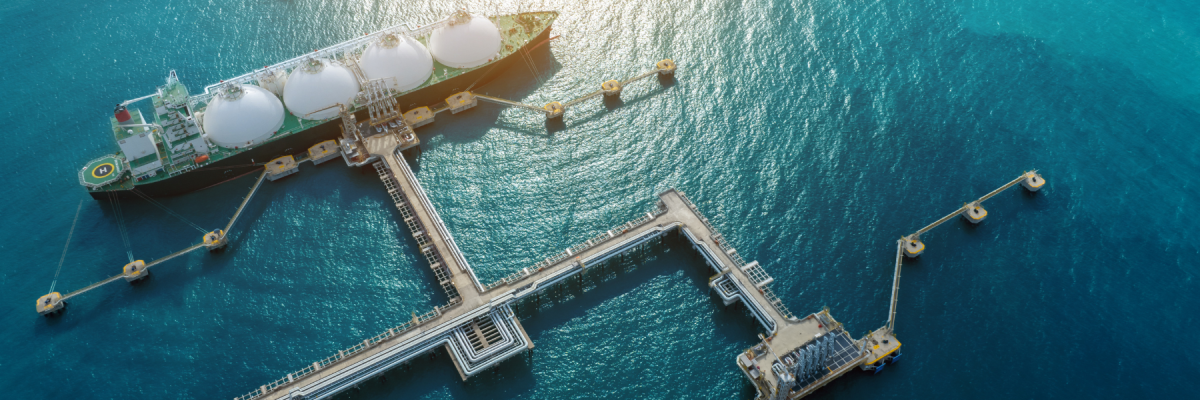Methane Abatement in Maritime Innovation Initiative
A ground-breaking collaboration led by Safetytech Accelerator that unites industry leaders, tech innovators, and maritime stakeholders, all working together to advance technologies that monitor, measure and mitigate methane emissions in the maritime sector.
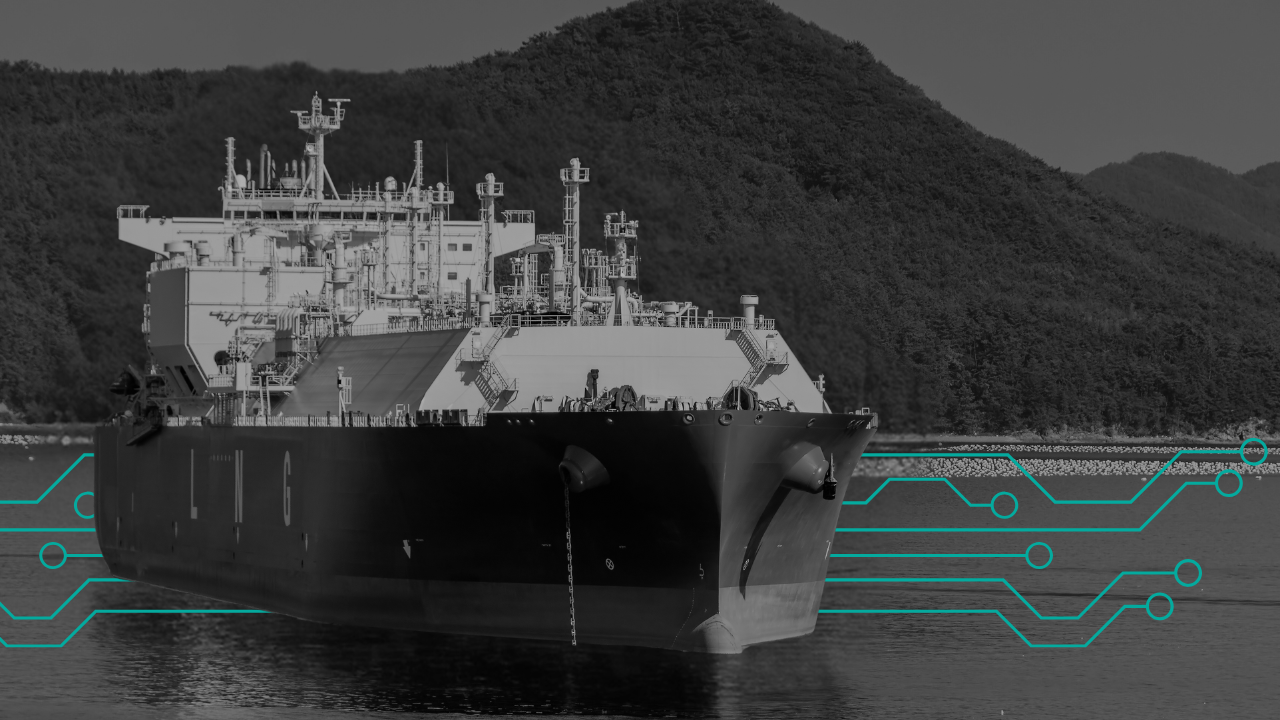
The Challenge
Shipping is utilising Liquefied Natural Gas (LNG) as a fuel for greener operations on the road to carbon neutrality. LNG is estimated to emit up to 23% less C02 than other marine fuels and is sulphur-free.
However, the environmental benefits of using LNG are undermined by methane slip and leakage into the atmosphere, where it has a significant warming effect. Technology exists to both measure and abate the emissions of methane from LNG-fuelled ships but it needs to be adapted and proven in maritime operations.
Our goal: significantly reduce methane emissions from LNG use as a marine fuel
Discover the First Public Report Released by MAMII
View and Download Here
Sign in to the Ecosystem
Sign in Here
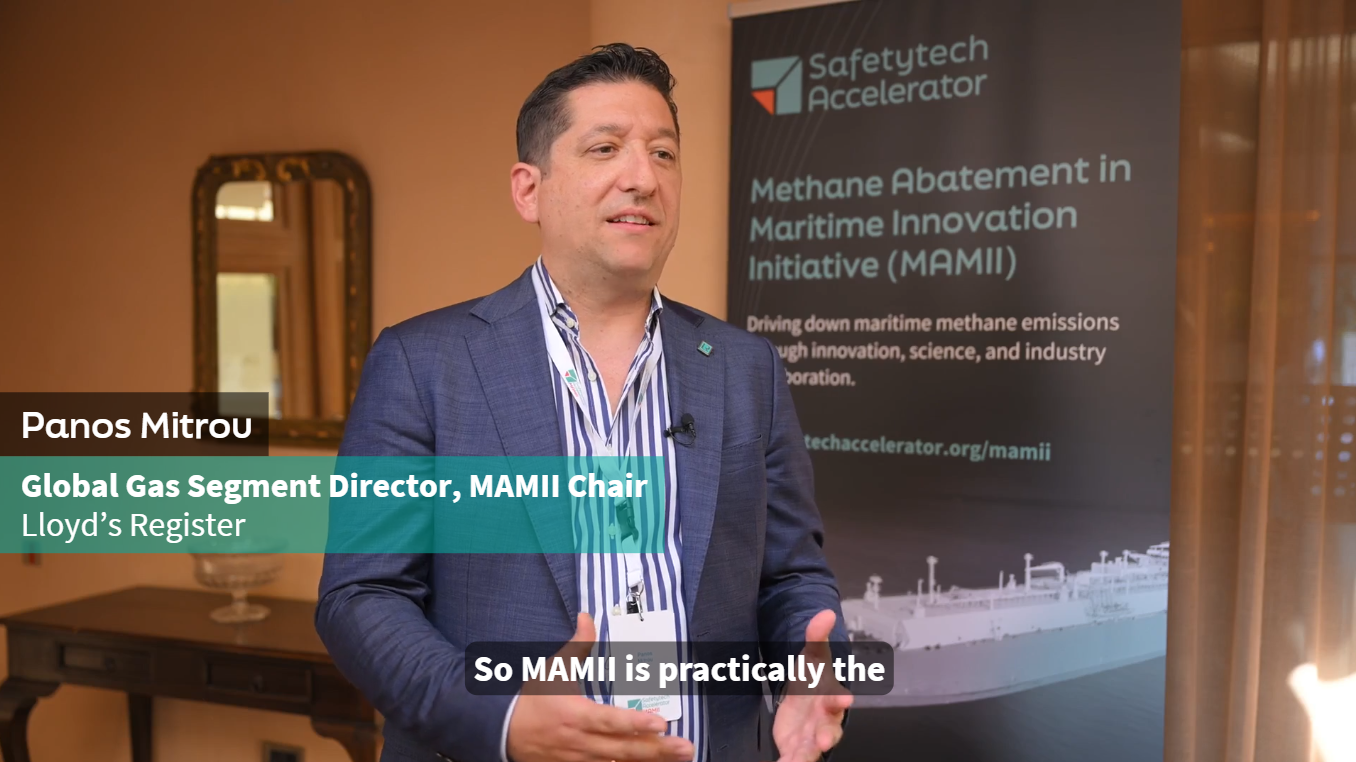
Panos Mitrou, MAMII program chair and Lloyd’s Register Global Gas Segment Director, shares his perspective on the role of MAMII in accelerating methane abatement across the maritime sector.
In this interview, Panos highlights the importance of cross-sector collaboration, data-driven action, and the need to address methane slip with both technical innovation and operational change. He reflects on how initiatives like MAMII help connect digital tools, training, and emissions goals in a practical, scalable way supporting the industry’s broader decarbonisation journey.
Watch Video Here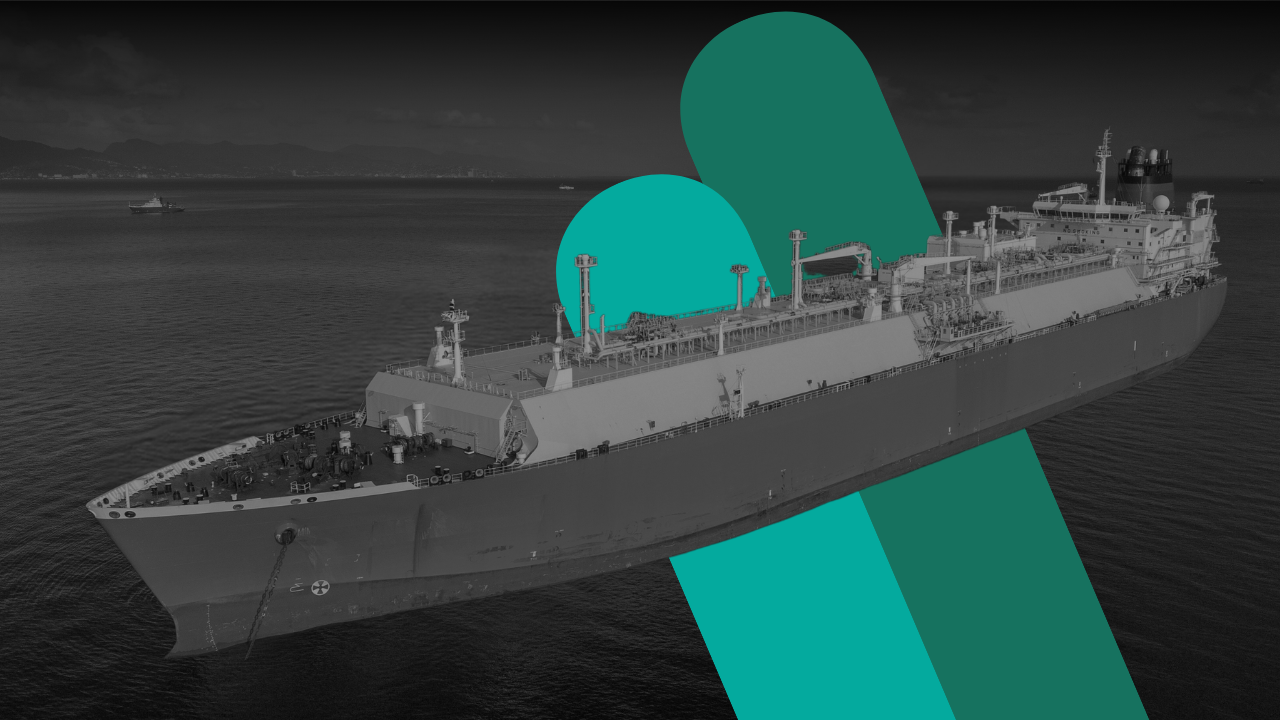
View Our Webinar
Advancing Methane Abatement in Maritime – Launch of MAMII’s First Public Report
This exclusive webinar was on held on July 9th at 2pm BST, where we unveiled the first public report from the Methane Abatement in Maritime Innovation Initiative (MAMII), led by Safetytech Accelerator.
This comprehensive report shares key learnings and actionable recommendations to accelerate the adoption of technologies that reduce or eliminate methane emissions in the maritime sector, paving the way for a more sustainable future.
Register Here
Decarbonisation is the most important challenge for the maritime industry to reach net zero by 2050. Methane is 28 times more potent than CO2 over a 100 year period.

Addressing methane
emissions is vital if LNG is to be used as a marine fuel.

Currently, the industry lacks the information and tools it needs to accurately measure the amount of methane released by LNG-fuelled ships.

Existing technologies can
measure and abate methane emissions from ships, but need more maritime validation
for broader use.
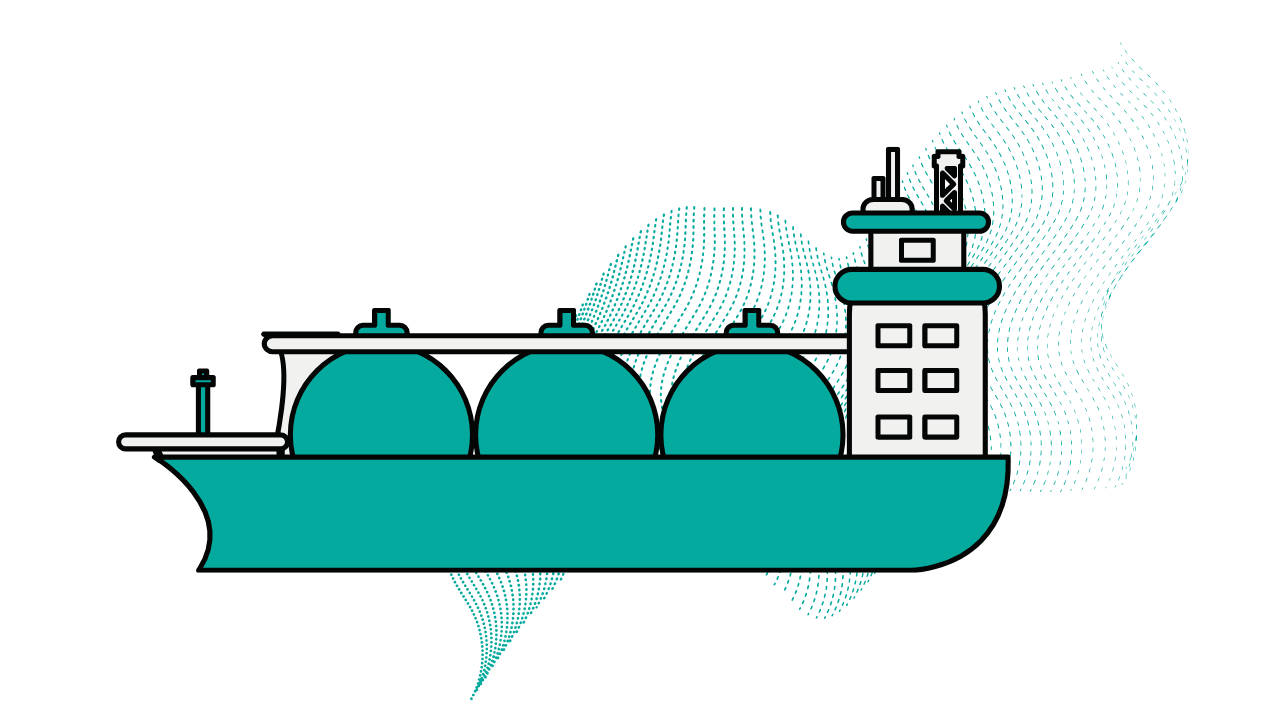
“As the world’s third-largest LNG player, we are delighted to be joining the MAMII initiative and contributing our expertise in reducing the emissions all along the gas value chain. It is key for TotalEnergies to further improve the environmental benefits of LNG as a marine fuel, already a major decarbonisation lever for the maritime industry.”
Jerome Cousin, SVP Shipping at TotalEnergies
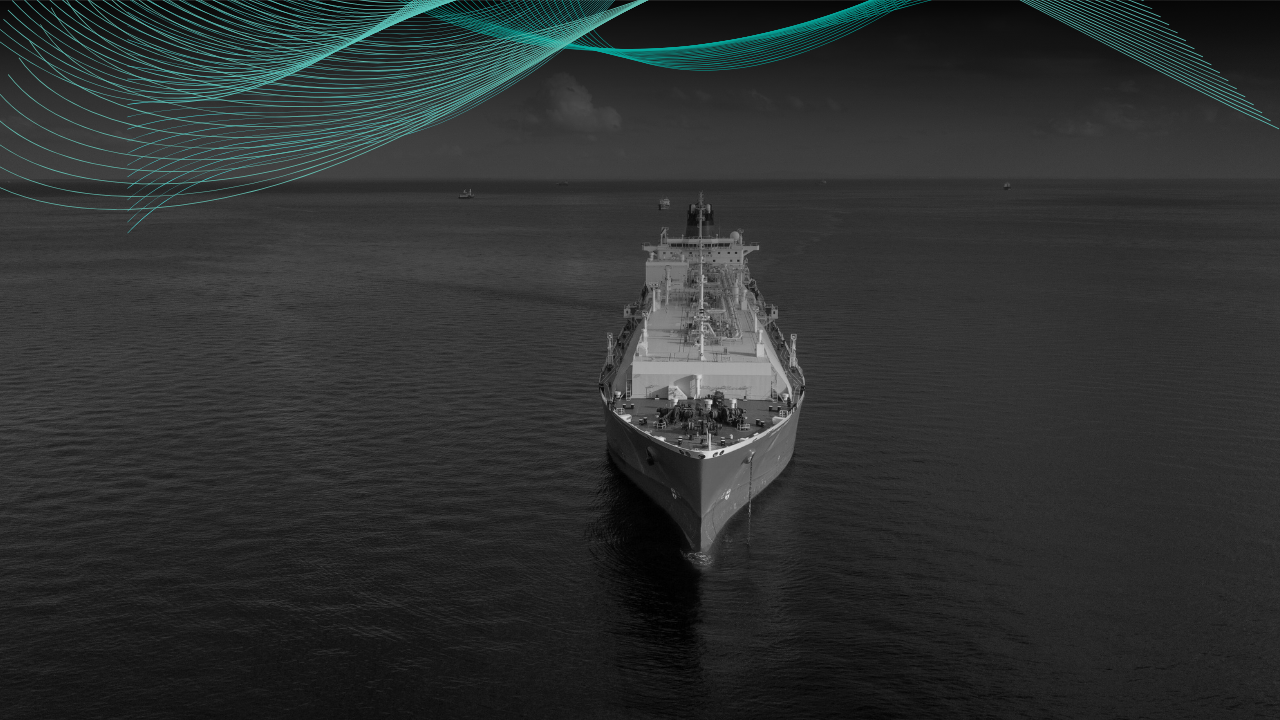
Objectives
- Understand and mitigate emissions in the LNG fuel supply chain.
- Reduce commercial risk for shipping and accelerate methane abatement technology adoption.
- Inform key stakeholders and share insights from technology efforts.
- Enable a future in which methane emissions are no longer an issue.
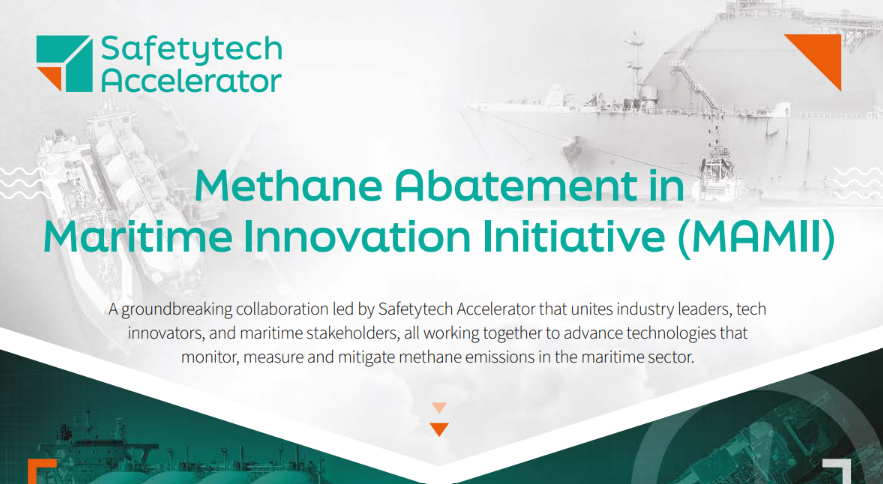
MAMII in a Snapshot
Download and share our brochure summarising key elements of the Methane Abatement in Maritime Innovation Initiative.
Download HereBenefits of Joining

Innovate Efficiently
Gain early access to cost-effective, high-impact technologies and the opportunity to trial and deploy them efficiently across your operations.

Strategic Collaboration
Join a network of
industry leaders and a curated technology
ecosystem working to address safety and
sustainability challenges

Enhanced Industry Standing
Showcase your commitment to innovating in safety and
sustainability, thereby elevating your industry
profile and stakeholder perception

Global Impact
Contribute to a global initiative, shaping industry standards for a safer and more sustainable maritime industry
Anchor Partners Include
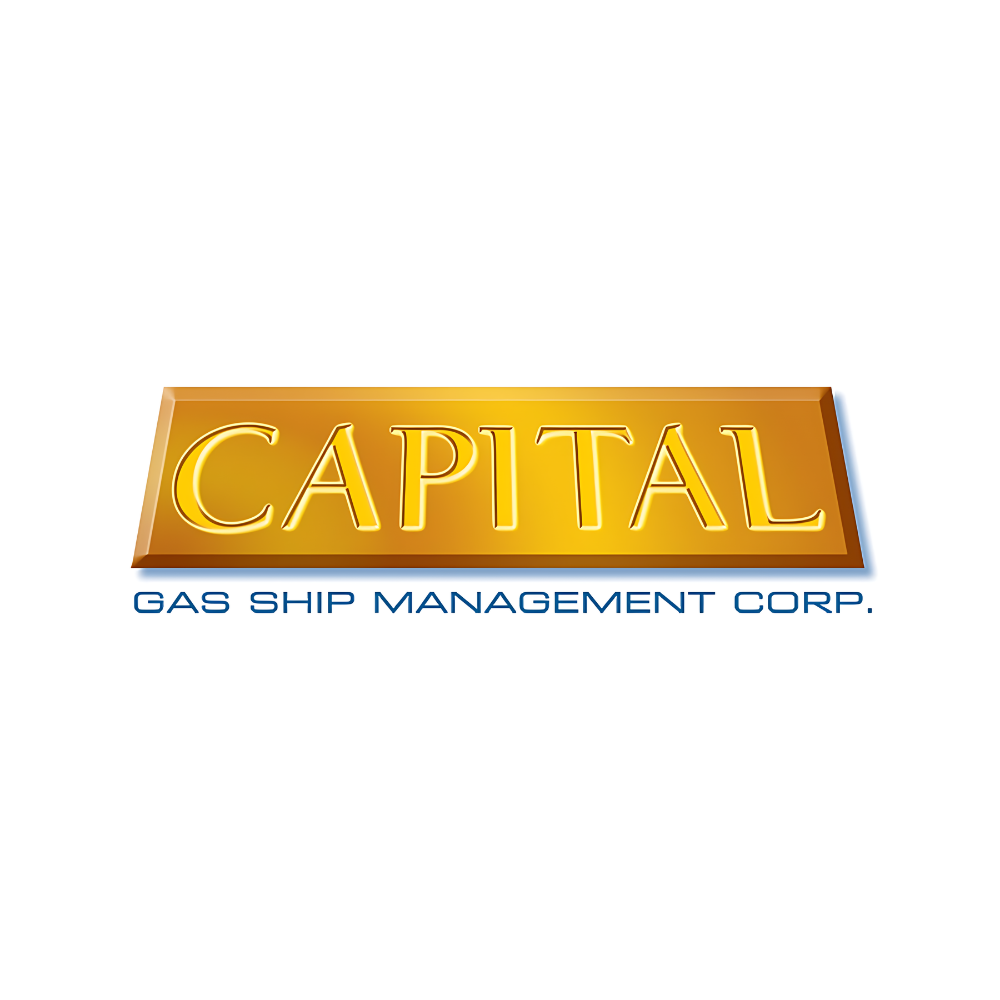

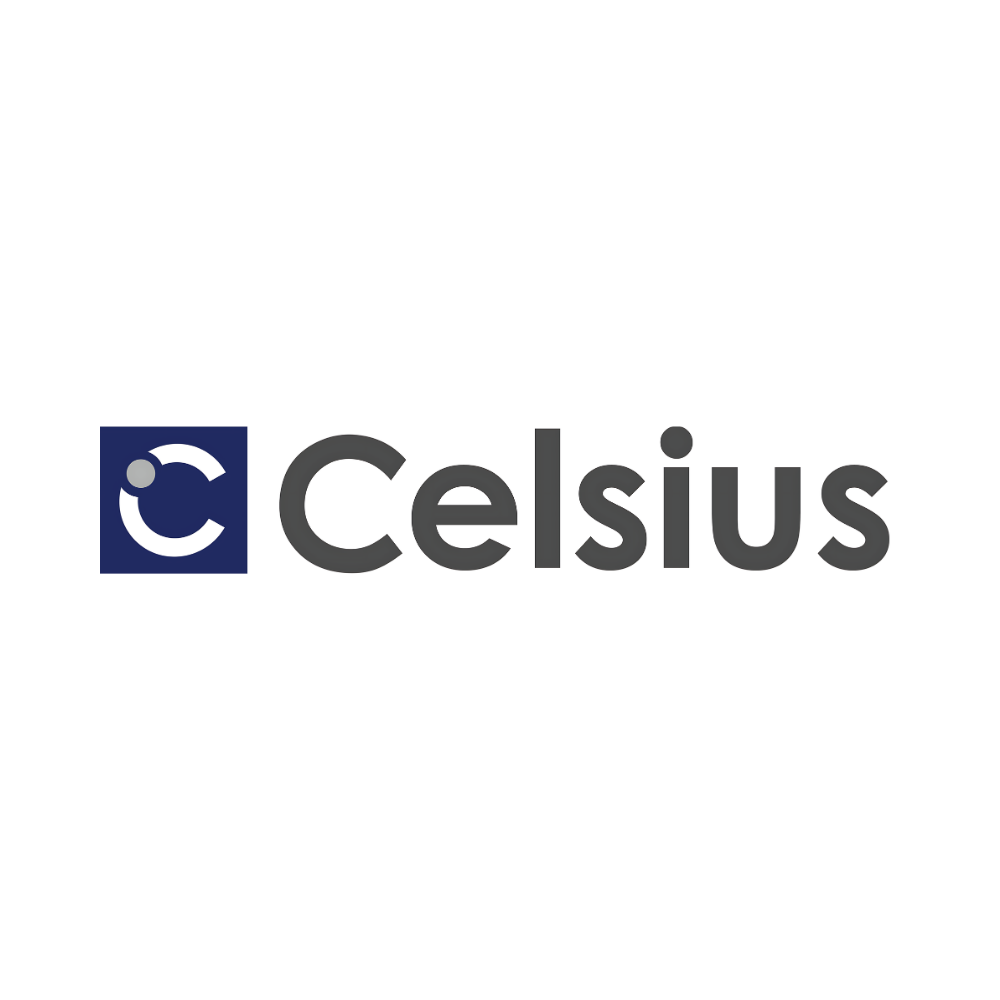
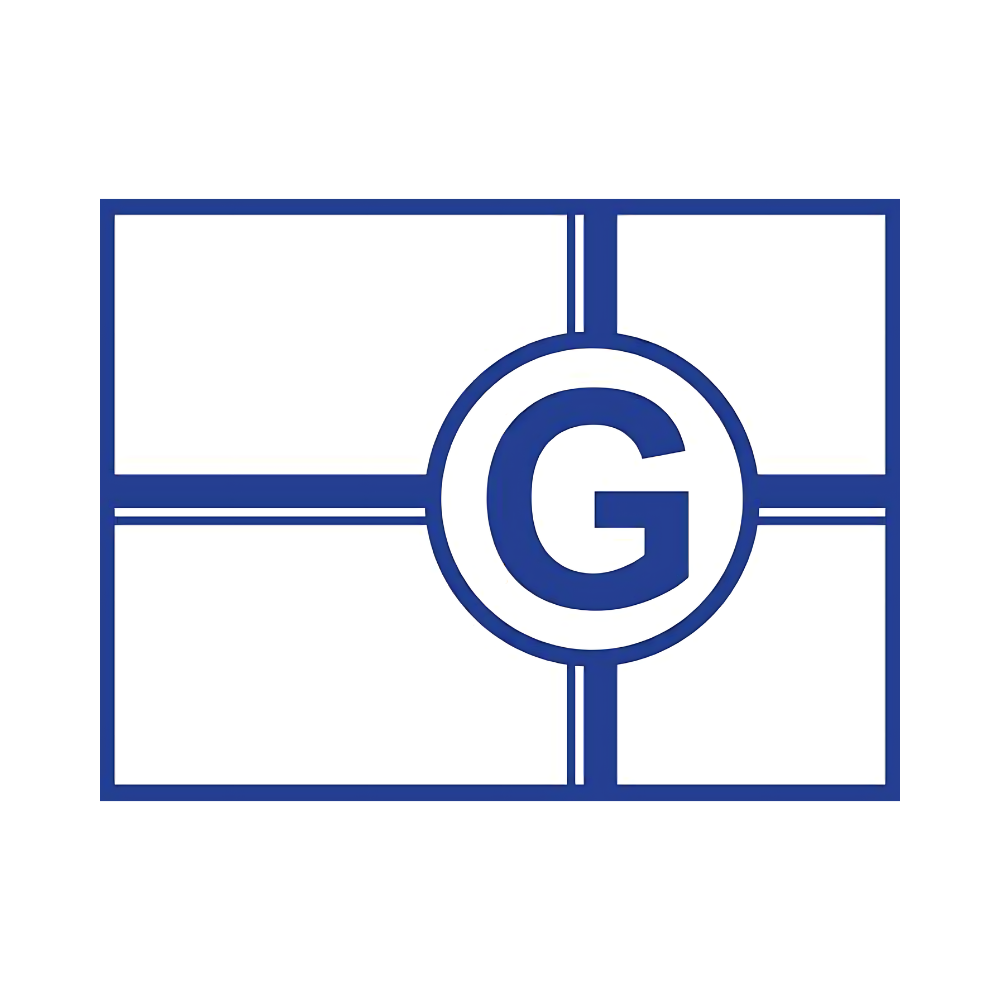
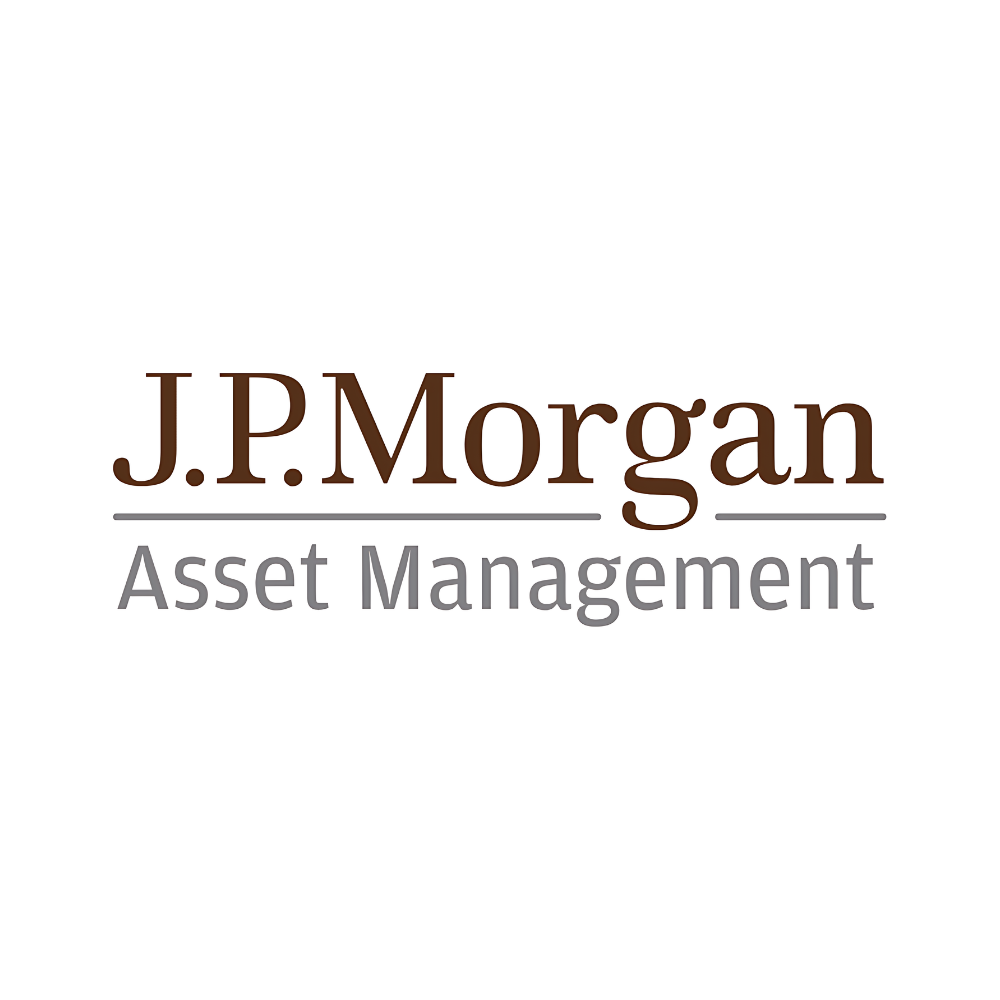
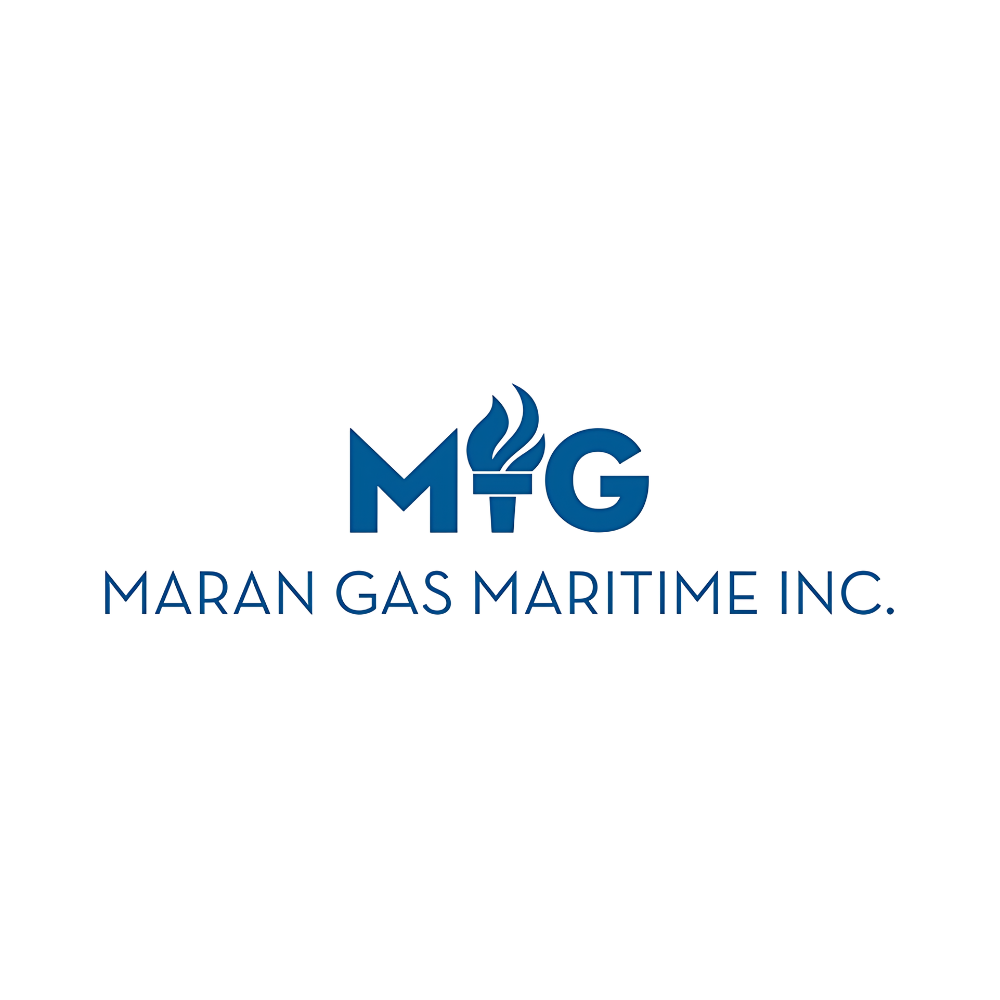
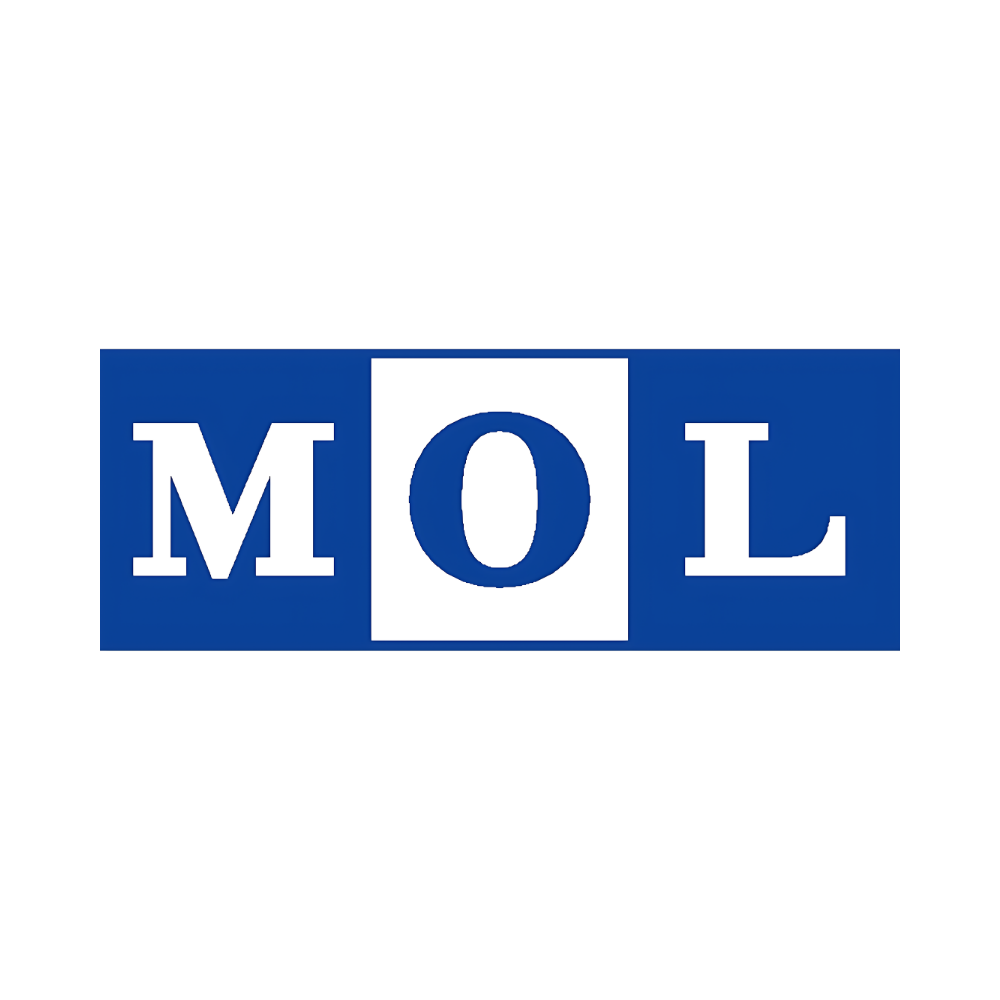
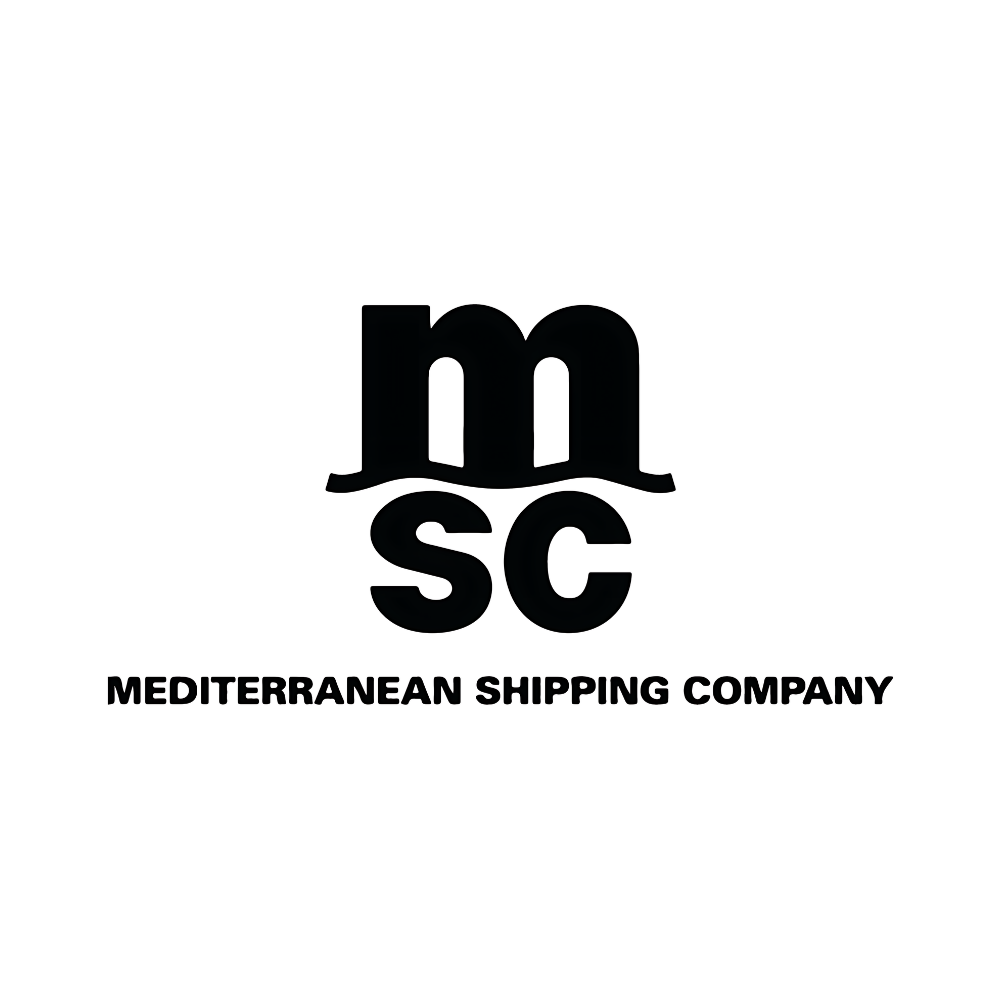
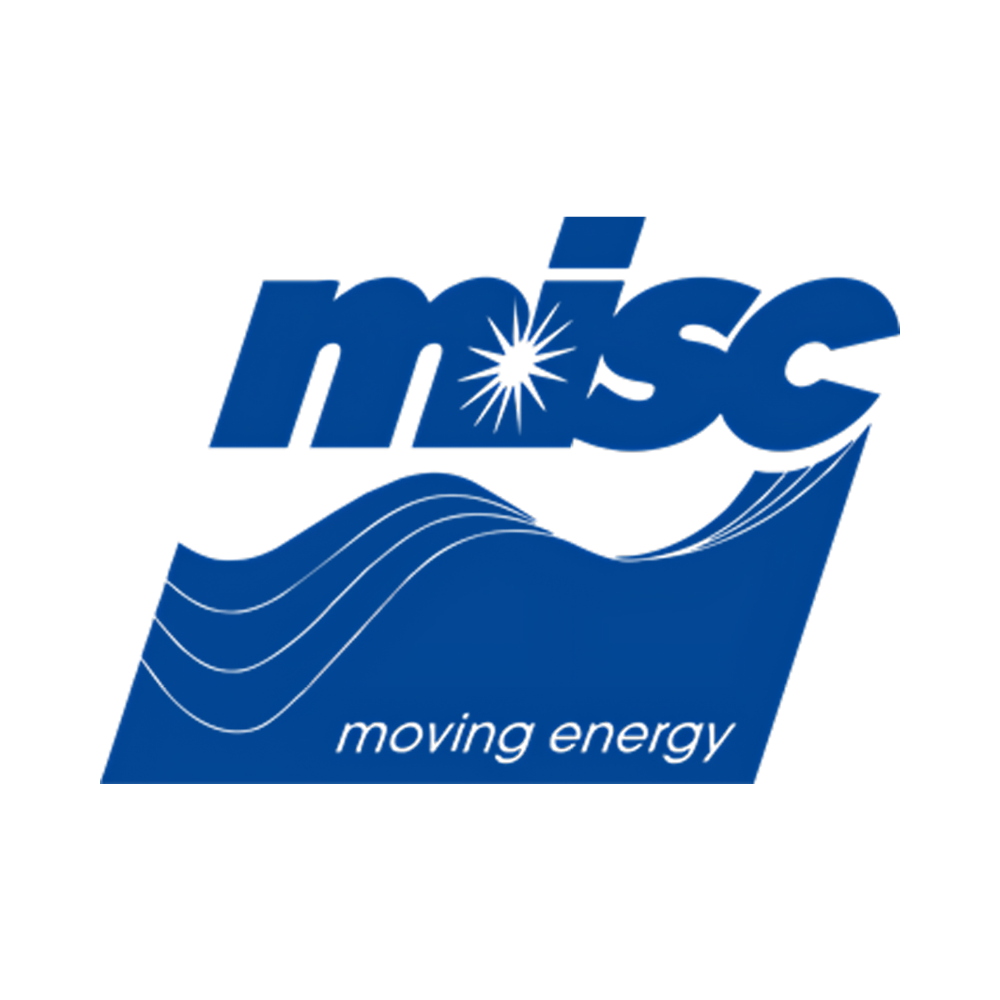

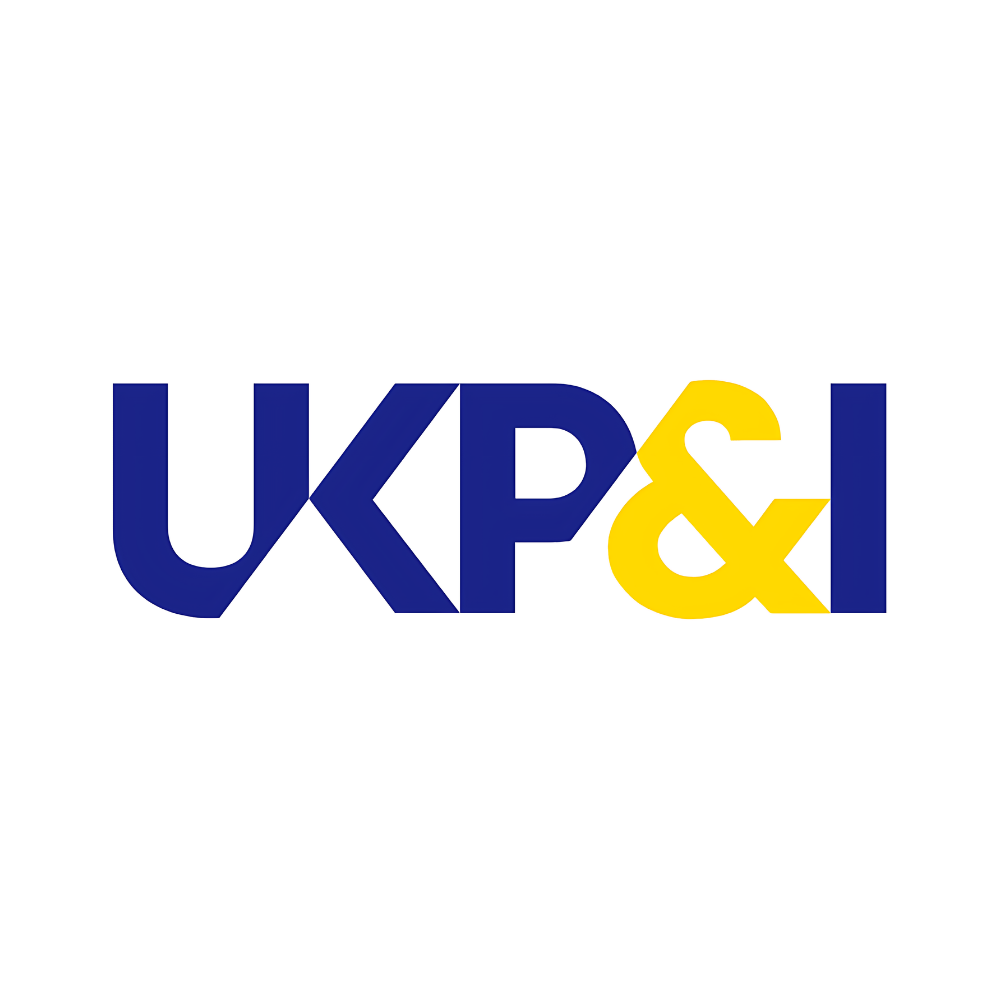
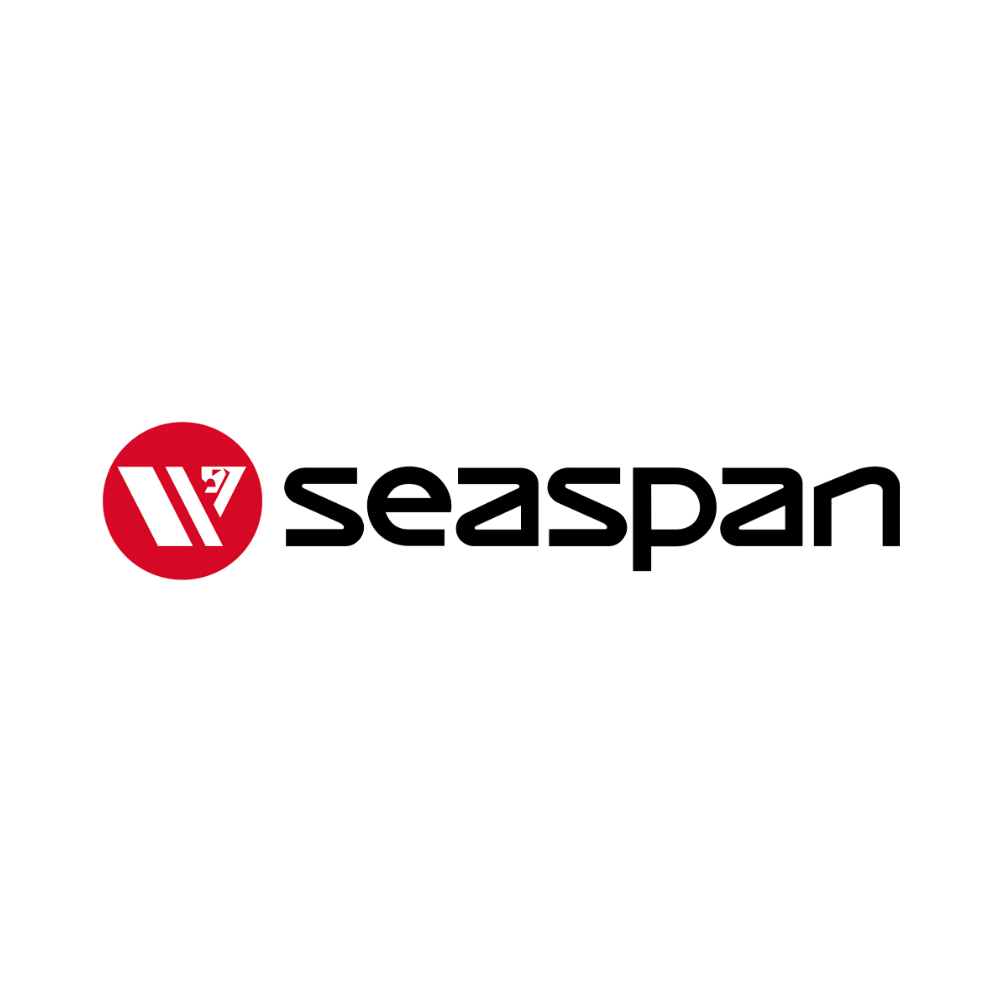
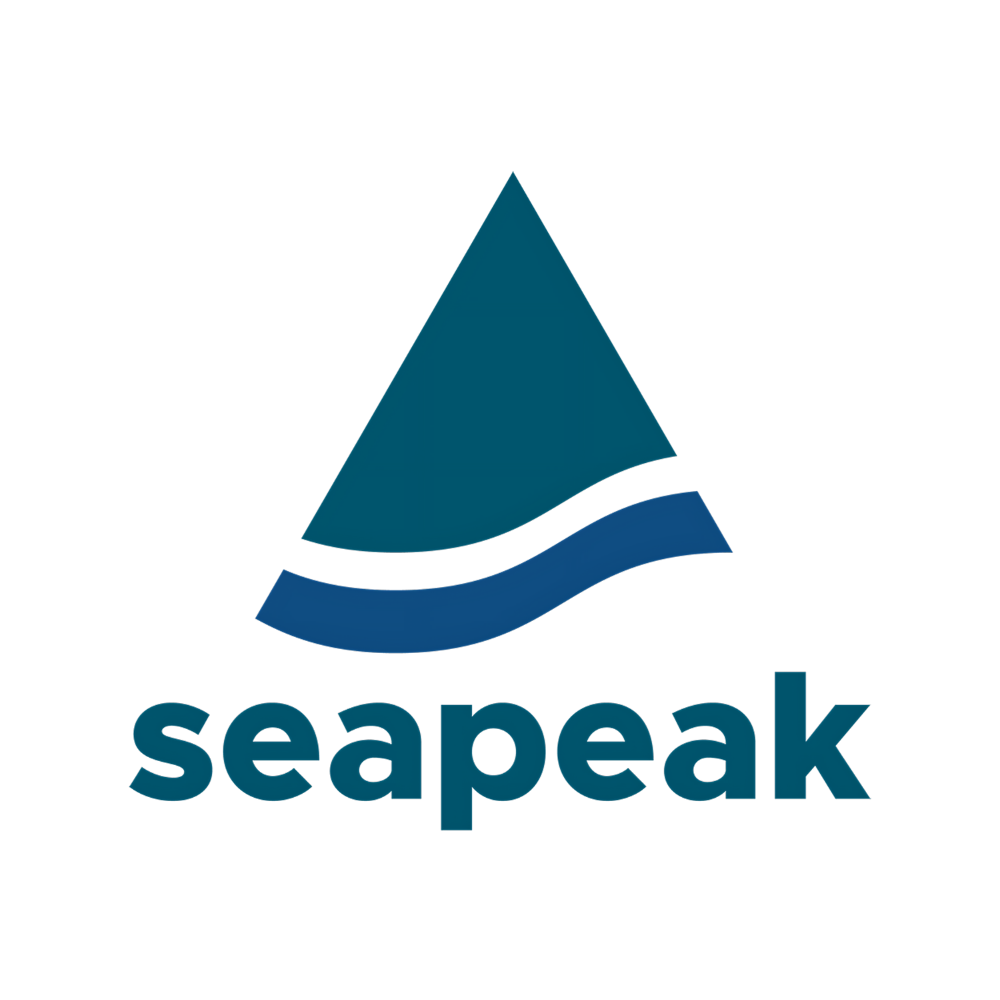

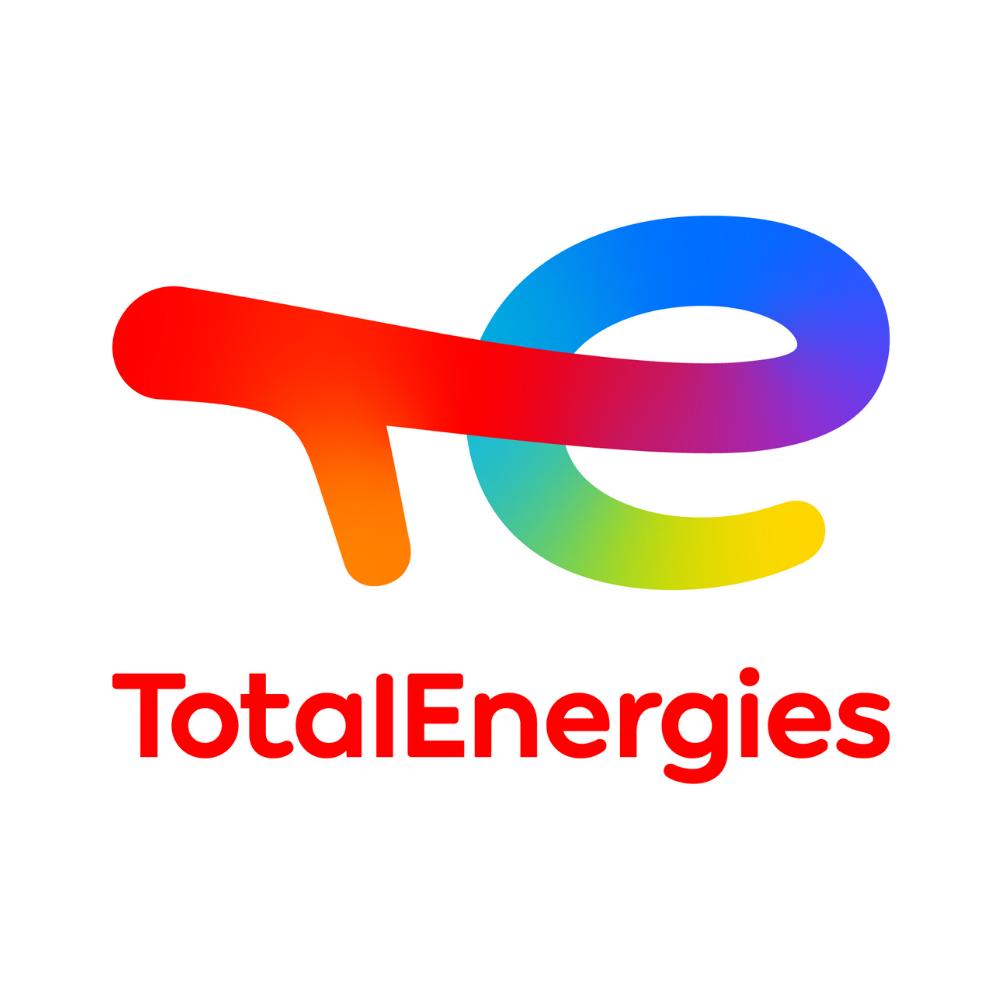
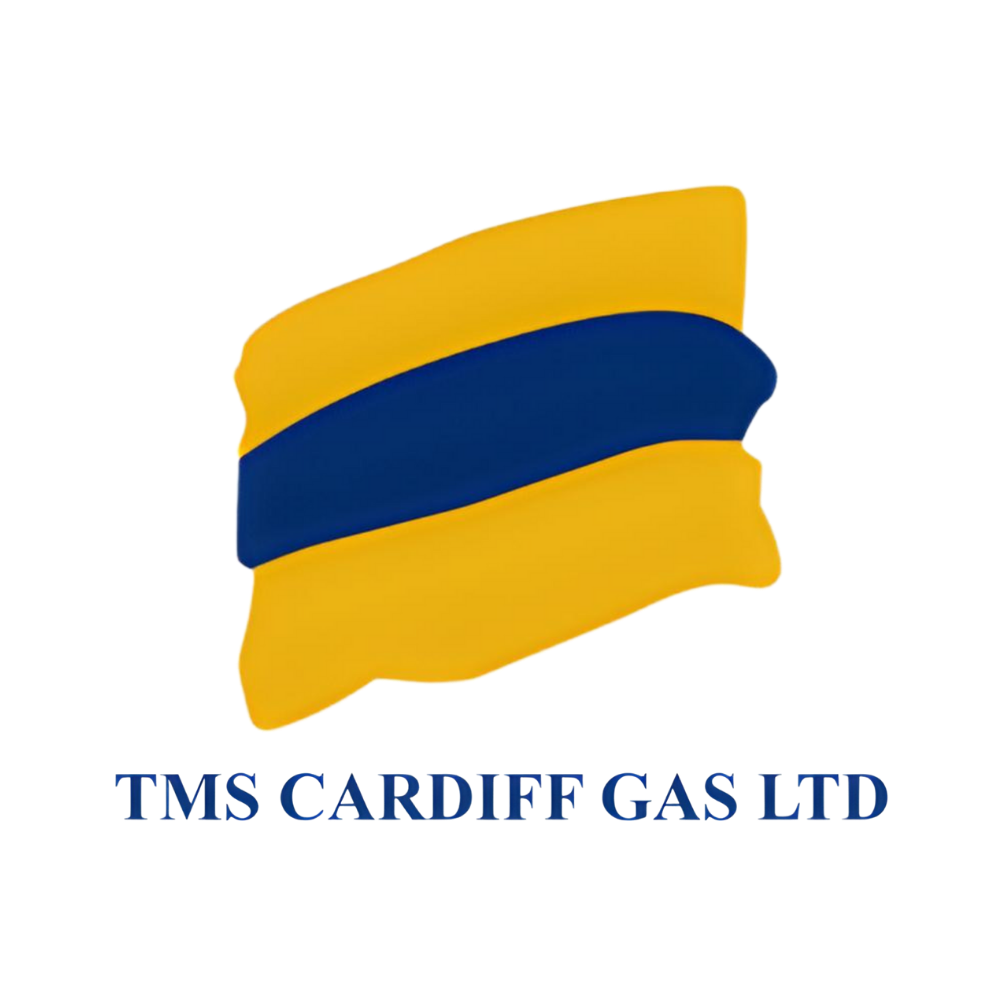
Find Out More
As MAMII looks to expand, join our existing members and pave the way for a sustainable future in maritime. For more information visit www.mamii.org
Achievements and Future Focus
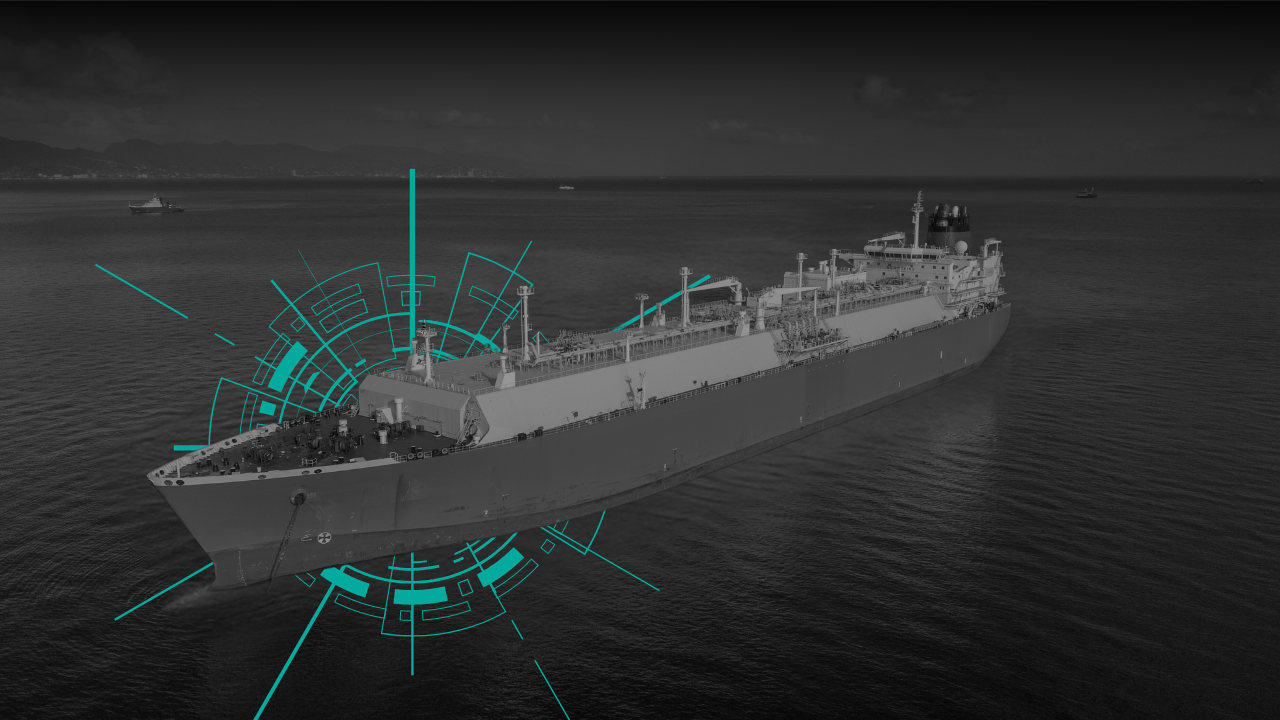
Produced a comprehensive technology
landscape report: Covering regulatory requirements, ‘Well to Tank’ and ‘Tank to Wake’ analyses, and cost-benefit assessments.
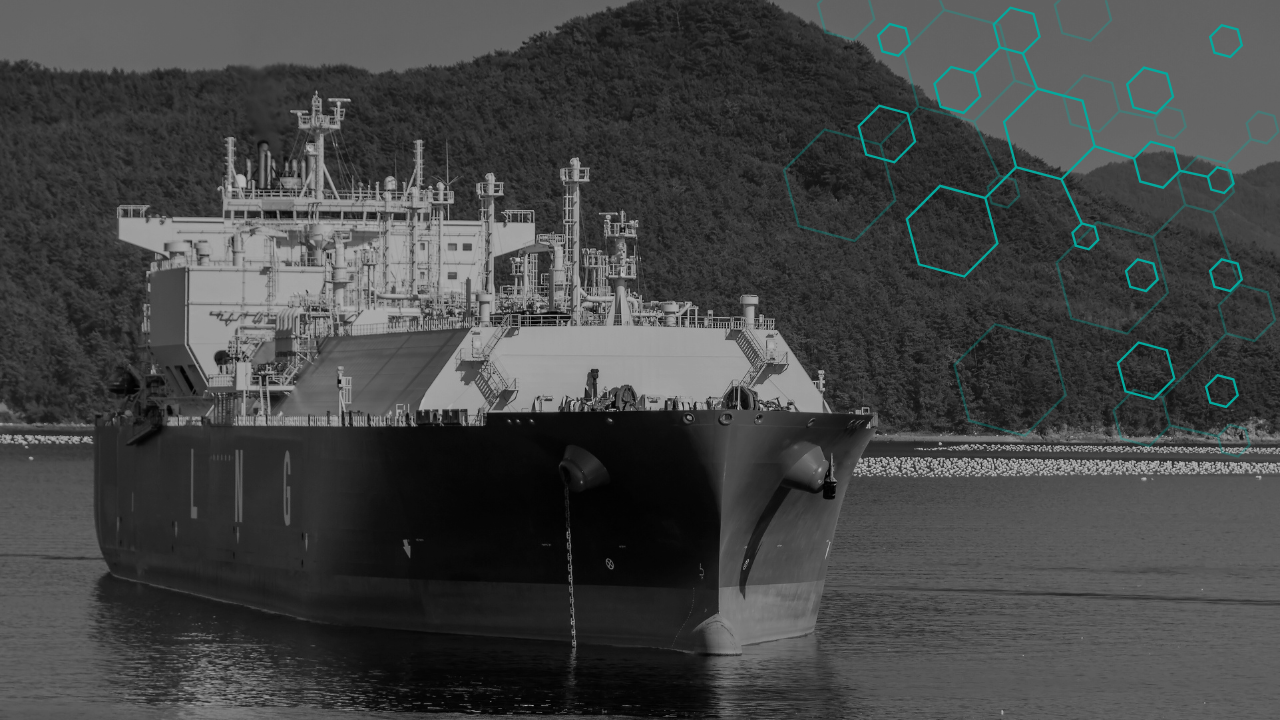
Curated an ecosystem of 27 companies specialising in methane capture, measurement, and abatement, with 20+ actively engaged with MAMII partners.
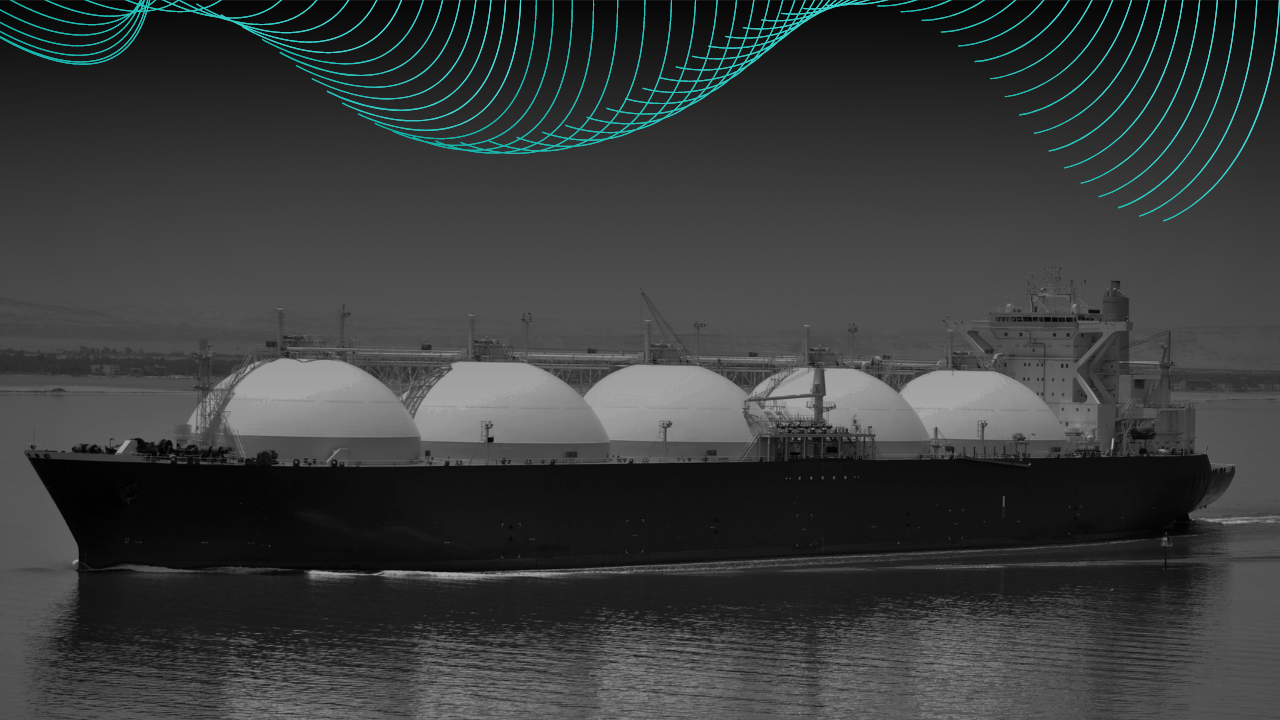
Focus: LNG fueled ships and LNG carriers
Feasibility studies, on-ship pilots, methane measurement guidance, methane slip and fugitive
emissions.
Register Your Interest
Contact us here
Join Our Newsletter
Join Here

